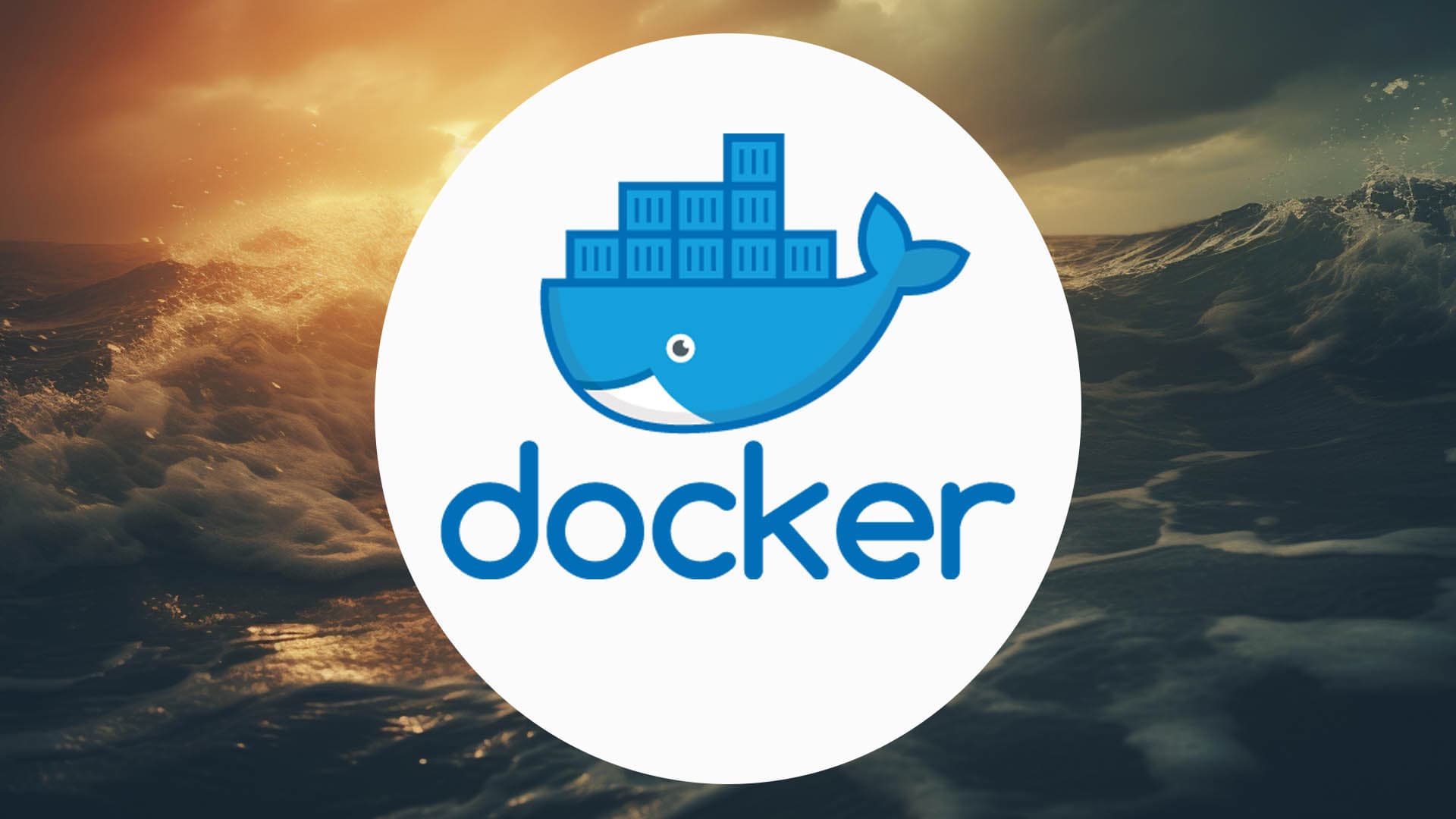How to Stay Up to Date as a Web Developer: My Learning Funnel and Methodology
As a developer, staying up to date with the latest trends, tools, and techniques is crucial to remain competitive. And yet it feels like every week brings new frontend frameworks, AWS services, and AI tools.
The development industry moves very fast. How can we stay afloat?
I’m not complaining, though, it means there are always new ideas and concepts to discover, and I love learning. But it can be challenging to keep up with the latest changes. It’s a question I ask when interviewing someone for a job.
I will share the process I use so you can use anything you find helpful.
Over time, I’ve built up a learning funnel, a process for ingesting and digesting new ideas. This funnel has three phases:
- The exploring phase, where I find new ideas and concepts
- The tasting phase, where I decide which ideas I want to dive into
- The mastery phase, where I dive into specific ideas
Allow me to explain.
Key Takeways
Staying up to date with the latest trends, tools, and techniques is crucial for web developers to remain competitive in the industry. I use the “Daily.dev” website, Newsletters, Twitter, Reddit and YouTube as a discovery funnel to discover new insights and trends and explore them. Attending developer meet-ups, leveraging professional networks, and learning through blogs and podcasts are effective methods for staying informed and enhancing your skills and knowledge. Teaching, tutoring and answering questions help you make sure you’ve mastered the subject and show you gaps in your knowledge
The exploring phase
The exploring phase involves discovering new ideas and concepts as new technologies and software solutions emerge. Here the goal is to cast as wide a net as possible. And this phase is where I use Twitter, newsletters and a website called Daily Dev.
Feeling the pulse with social media
Twitter is useful for listening to the pulse of the tech world. I follow the tools and frameworks and the people who developed them. People like:
- Dan Abramov, who works on React,
- Rich Harris, who created Svelte,
- Ryan Carniato, who created Solid JS, and
- Misko Every, who created Qwik.
I also follow various influencers like Ben Awad, whose tutorials I often watched, and Theo from Ping.gg and more.
I also use Reddit, with subreddits such as r/webdev, r/frontend and more.
Getting a weekly roundup with newsletters
Another invaluable source of news is newsletters. This is the perfect opportunity to give a shout-out to the “This Week in React” newsletter by Sebastien Lorber. The newsletter provides a weekly roundup of everything that has gone on in the world of React: all the debates, all the news, and all the drama. Well, there isn’t all that much drama. But it’s an invaluable resource for staying on top of what is happening in React.
Of course, this may not be fully objective since the newsletter occasionally featured my content.
My Start Page: The Daily.dev Website
Another source of news is the Daily.dev website. They provide a browser extension, and every time I open a new tab, I'm shown my personal Daily.dev feed. This makes staying up-to-date with the latest news easy without going out of my way to find it.
And, of course, you can personalise the content to your interests, filter out the noise and only see relevant articles.
It’s an excellent resource to stay up-to-date with the latest news. Mainly because it keeps putting that in front of my nose. It surfaces relevant blog posts from websites like CSS-Tricks, Smashing Magazine, freeCodeCamp, dev.to, and Medium, where developers share their insights and ideas.
Once I’ve cast my net wide, I try and identify what is worth exploring further.
The tasting phase
The second phase of the learning funnel, the tasting phase, is about sifting through the ideas, the concepts and the tools I’ve discovered in the first phase. And then deciding which I want to explore more. In this phase, I do three things:
- I read the documentation
- I watch Youtube videos that cover points that are related to the subject
- I start running “Hello World” type projects that I play around with to get a taste of how things work and get a feel for the developer experience.
The mastery phase
Finally, we have the third phase, where I dive deep into specific subjects. Here I use a trick called the Feynman technique. At its core, the principle is simple: if you understand something, you should be able to explain it clearly. It’s a technique used to solve a problem: try to explain it, if need be, to an inanimate object like a duck.
In the context of the learning funnel, and given a specific idea, here is how it goes:
First, I try to ”explain it like you’re 5”. I pretend I’m teaching the concept to someone completely new to the subject: a young child or a non-technical person. I try to break down the concept and explain it in the simplest of terms.
Second, I Identify gaps in what I’m explaining, as it raises questions in my mind, and find the answers.
Then I try to simplify and find analogies to illustrate and explain the concepts. This reinforces my understanding and helps make the concept easier to grasp.
After that, I record the explanation: having a Youtube Channel is useful here, but you can also write a blog post or jot notes down in a journal.
Finally, I try to find a real audience — a friend or a colleague — to teach them the concept. Their questions and feedback help refine the understanding.
There you have it, the learning funnel I use. Let me know if it was helpful to you and if it was, I think you’ll find this next video helpful, I’ll see you there!
We help you better understand software development. Receive the latest blog posts, videos, insights and news from the frontlines of web development



